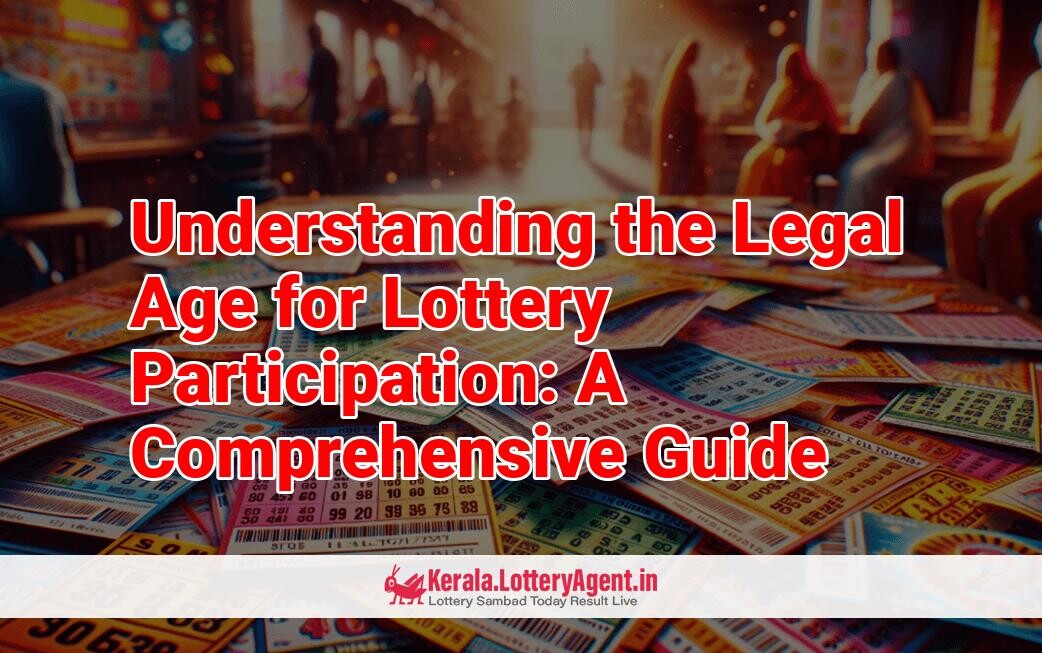
The allure of the lottery, with its massive jackpots and the promise of an instant transformation of life’s fortunes, can tempt individuals of all ages. Yet, participation in this form of gambling is bound by stringent regulations, chief among them being the age restriction for purchasing lottery tickets. In this detailed exploration, we delve into the age requirements established across different jurisdictions, the rationale behind such restrictions, and the potential repercussions for non-compliance.
Across the United States, state legislation predominantly governs the sale of lottery tickets, resulting in varying age requirements based on location. The commonly upheld age limit is 18 years, but several states deviate from this standard. Arizona, Iowa, and Louisiana set the threshold at 21 years, while Nebraska requires individuals to be at least 19 years old. It is imperative for residents and visitors alike to be conversant with the legal age in their respective states to avoid legal infractions.
These laws serve as a bulwark to protect the youth from the detrimental effects of gambling. Research indicates that premature exposure to gambling heightens the risk of developing gambling addictions and can impair financial judgment. Consequently, age limits are enforced to delay engagement in lottery activities until an individual is deemed mature enough to comprehend the financial implications involved.
Below is a compendium of age restrictions in place across various states—a useful reference for ensuring adherence to legal stipulations:
Delaware, District of Columbia, Florida, Georgia, Idaho, Illinois, Indiana, Kansas, Kentucky, Louisiana, Maine, Maryland, Massachusetts, Michigan, Minnesota, Missouri, Montana, New Hampshire, New Jersey, New Mexico, New York, North Carolina, North Dakota, Ohio, Oklahoma, Oregon, Pennsylvania, Rhode Island, South Carolina, Tennessee, Texas, Vermont, Virginia, Virgin Islands, Washington, West Virginia, Wisconsin, Wyoming
Intriguingly, individuals can legally purchase lottery tickets in states other than their own if they meet the age criteria of the state of the lottery game. An 18-year-old, ineligible to participate in Louisiana’s online Powerball, could partake in Texas’ game, bypassing geographic constraints. Online lottery platforms like TheLotter, LottoAgent, and Lottofy further facilitate participation across state lines from the comfort of one’s home.
Internationally, the legal gambling age varies, necessitating a review of global laws for those interested in international lottery games. Regardless of the jurisdiction, the sale of lottery tickets to underage individuals is illegal and carries substantial consequences. Fines, community service, and even criminal charges may befall those who flout age requirements, with the law mandating retailers to verify age via identification documents before concluding a sale.
Financial implications for underage lottery players are severe. The naivety associated with youth may spur imprudent spending and gambling habits that lead to significant financial losses and debts, potentially escalating to unauthorized loans to fuel a gambling addiction. Furthermore, underage players, denied the euphoria of claiming their winnings due to age verification checks, are left with nothing but futile expenditures and thwarted dreams.
The societal impact of early-engagement gambling behaviors is profound; habitual gambling can emerge, tracking into adulthood and potentially disrupting educational pursuits or career aspirations.Indeed, beyond the legal ramifications, the lottery poses ethical and social considerations that must be navigated wisely.
In closing, it is evident that while 18 is the common age threshold for lottery participation, state-specific nuances apply. The intention behind age restrictions is to shield the vulnerable from the enticements and hazards of gambling. Awareness and compliance with these regulations are indispensable for participants, retailers, and the preservation of the integrity of lottery gaming as an equitable form of entertainment.
References to online lottery legality should lead interested parties to authoritative guides on the topic, ensuring fully informed and lawful engagement in lottery pursuits.
Highlighted jackpots, such as:
USD 120 Million – Saturday, Jan 20, 2024
USD 236 Million – Friday, Jan 19, 2024
pose as potent incentives to engage in these games of chance. Yet, individuals must proceed with caution, ensuring they do not inadvertently contravene state or national laws. Age verification queries and processes are in place not as hindrances, but as safeguards for both the gambling public and the larger community.











